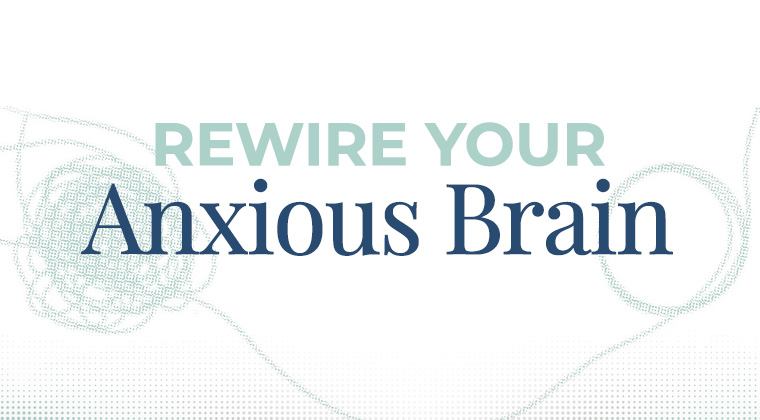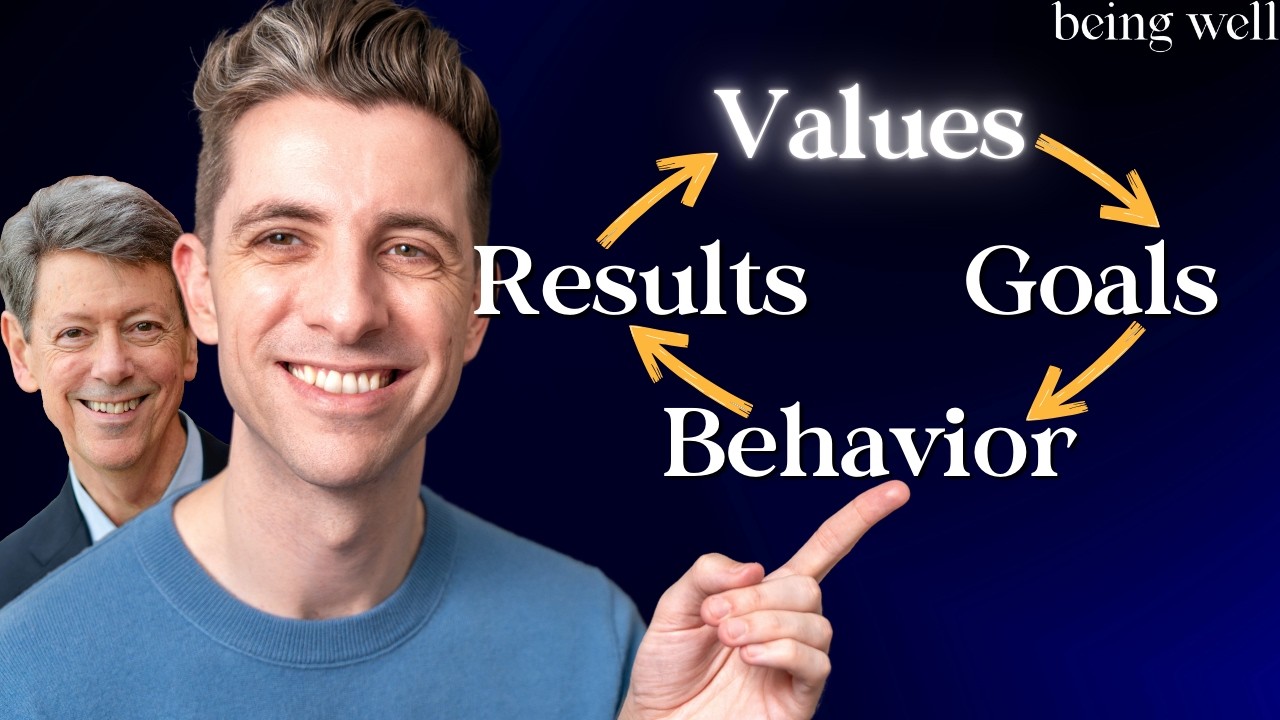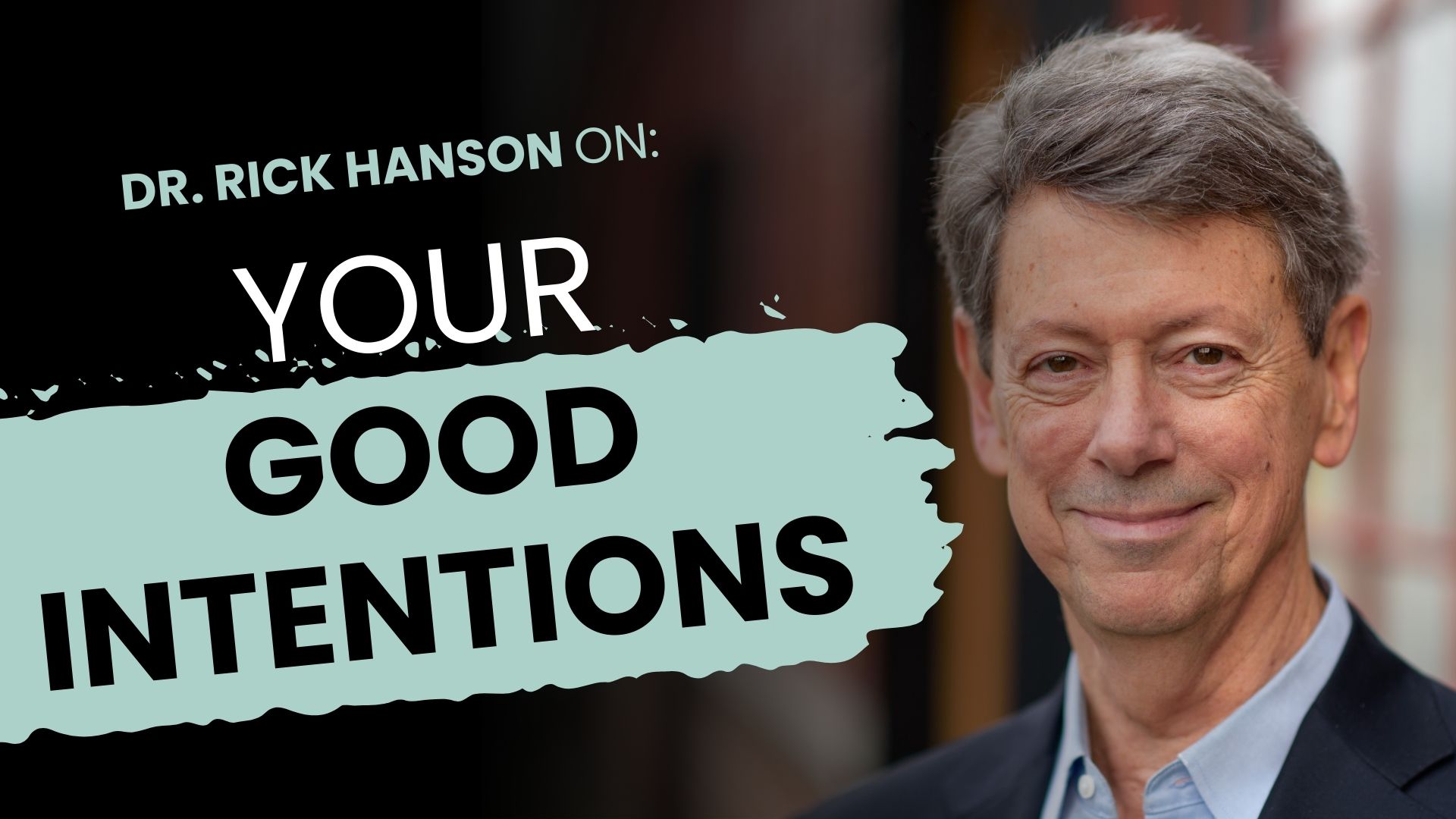Is it truly urgent?
The Practice:
Lower the pressure.
Why?
Things come at us with so much urgency and demand these days. Phones ring, texts buzz, emails pile up, new balls have to be juggled, work days lengthen and move into evenings and weekends, traffic gets denser, financial demands feel like a knife at the neck, ads and news clamor for attention, push push push PUSH.
On top of these external pressures, we deal with internal ones as well. These include all the inner “shoulds,” “musts,” and “have-to,” like: “I gotta get this done today or my boss will get mad.” Or: “I must not look bad.” Or: “I can’t leave the house with dishes in the sink.” A pushy sub-personality prods us to be better, do better and have more. Harsh, often unfair self-criticism cracks the whip to keep us going and avoid its lash. Also, we form rigid ideas – often unconscious – of what we just have to have to be successful, look good, own the right car, etc. We develop similar kinds of insistence about how it needs to be for others or the world (e.g., how one’s children must do in school, how the country has to be run).
Whether the pressure comes from outside or inside us, it activates ancient motivational circuits that use the neurotransmitter dopamine. In a nutshell, dopamine tracks expected results (e.g., emails finished, sales goals attained). If the result actually occurs, dopamine rises, which helps us feel relieved while other neurotransmitter systems such as natural opioids give us a sense of pleasure. But here’s the catch: on the way to that desired result, dopamine levels sink some, which brings an unpleasant sense of stress, unease, pushing, and pressure . . . and if we meet delays or roadblocks or flat-out failure, then dopamine plummets, which feels like a disappointment, frustration, even despair. To avoid the pain of dopamine dropping, we drive hard toward our goals, caught up in wanting and desire.
This dopamine system – and related but more evolutionarily recent and sophisticated emotions and thoughts layered upon it – was very effective in keeping our ancestors alive in the wild. And it works well today to keep us motivated during emergencies or necessary marathons of effort, from finals week in college too long runs of advocacy on behalf of a loved one.
But even at best, there is inherent collateral damage in being motivated by need, urgency, and pressure. It narrows the focus to a particular goal in the cross-hairs of tunnel vision. It feels tense, contracted, and uncomfortable – and usually triggers the stress-response system, whose chronic activation has many negative consequences for long-term health and well-being. Many goals are just not reachable – so we feel bad if we are fixed on attaining them – and even if we do get the desired result, its gratifications are often less than promised, and in any case, they fade eventually from awareness like sand slipping through the fingers of consciousness.
And at worst, inner and outer pressures drive us to pursue goals and desires that are bad for us and others. There we are: trying to live up to unrealistic standards, comparing ourselves to others, feeling like we’re falling short, putting the work-life balance on tilt, looking for love in all the wrong places, being hard on oneself or others, pushing to the edge of capacity, and sooner or later running on empty.
Whew. Enough already. Time to ease off the pressure!
Get Tips Like This Delivered Right to Your Inbox
You can unsubscribe at any time and your email address will never be shared or sold.
How?
(There are lots of ways below to take the pressure off. Just find one or two that you like – there’s no pressure in dropping the pressure!)
Remind yourself that you can act in competent, honorable, and successful ways even when there is no sense of pressure. You can give yourself over to wholesome aspirations, letting them carry you along with resolve and passion, staying true to your own North Star without straining and stressing along the way. You can be prudent, love others, rise in your chosen work, and nurture our planet without feeling like there’s a stick at your back.
When things come at you – phone calls, wants from others, a fevered pace – try to get a sense of a buffer between you and them, a kind of shock absorber, like you are seeing them through the wrong end of a telescope. Slow things down a beat, a breath, a day. Offer yourself the gift of time – time to figure out if this is really a priority, and when it really needs to get done.
Listen to your body. Are you getting that pressed/squeezed/driven feeling again? Listen to your heart, like it’s a wise sweet being who loves you: what’s it saying?
Be aware of the “shoulds” and “musts” muttering – or shouting – in your mind. Are they really true? And are they really you rather than an internalized parent or another authority figure. What would happen if you dialed back one bit, slowed down by one step, or got one less thing done each day? Let it sink in that there’d be no disaster at all. In fact, probably no one but you would ever notice!
Be easier on yourself. Lower your standards a smidge – unless you’re doing brain surgery or something similar, you can likely afford to lighten up a little.
Be realistic about how long things really take, and how often there’s a slip ‘twixt cup and lip in the affairs of mice and men. Try not to make commitments that will be hard to fulfill; don’t write checks with your mouth that your body can’t cash.
Remember that you are a fundamentally good person. Even if you lower the pressure and a few things get done more slowly or not at all, you are still a good person.
Keep coming back to this moment – in which things are probably usually basically all right. Not perfect but consider the Third Zen Patriarch’s teaching that enlightenment means (among other things) no anxiety about imperfection. At this moment, you are likely safe enough, fed enough, and loved enough.
You can lower the pressure.
Know Someone Who Could Lower the Pressure?
Use the buttons below to share this article via social media or email.




